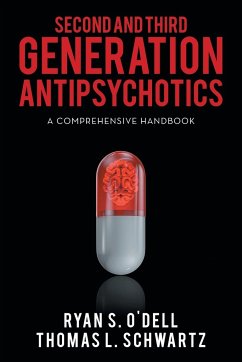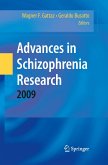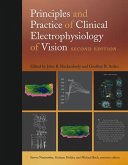The second generation antipsychotics are a complex class of psychiatric medications, applicable to a diverse range of both FDA approved treatment indications and off-label uses. This variety stems largely from the unique pharmacodynamic profile of each agent, and often necessitates the employment of unique dosing strategies across the treatment of the varied psychiatry disorders, including schizophrenia, bipolar mania and depression, major depressive disorder, and autism. Despite the shared mechanism of dopamine D2 and serotonin-2a dual receptor blockade, which mediates the antipsychotic and antimanic properties of the second generation antipsychotics, the unique pharmacodynamic signature of each agent is subsequently responsible for the additional and varied antidepressant, anxiolytic, hypnotic, and tolerability¬ profile observed with each drug. Using an evidence based approach, this comprehensive handbook aims to highlight and discuss data relevant to treatment indications, off-labels uses, and dosing strategies of the 11 currently FDA approved second generation antipsychotics, with a strong emphasis on the pharmacodynamic profiles of these drugs. With the advent of three relatively new antipsychotics (lurasidone in 2011, brexpiprazole in 2015, and cariprazine in 2015), this text will serve as an excellent reference for practicing physicians, research investigators, and medical students alike. This review addresses not only these clinical applications, but provides physicians with the tools necessary to optimize treatment based upon patient diagnosis, proper antipsychotic selection, and implementation of an appropriate dosing strategy, thereby striking an essential balance between treatment efficacy and patient tolerability.
Bitte wählen Sie Ihr Anliegen aus.
Rechnungen
Retourenschein anfordern
Bestellstatus
Storno








